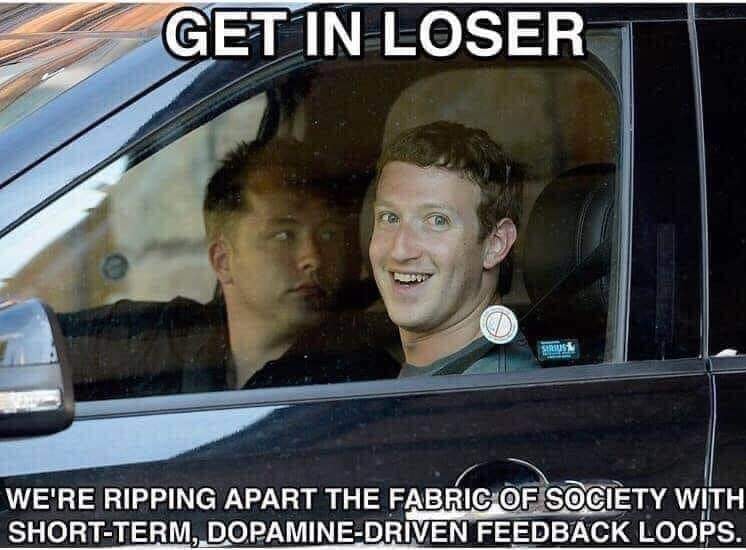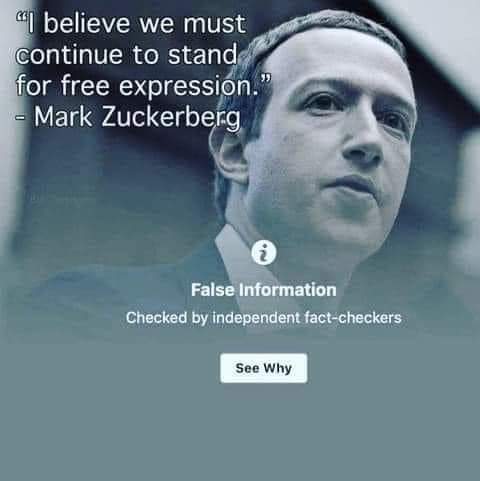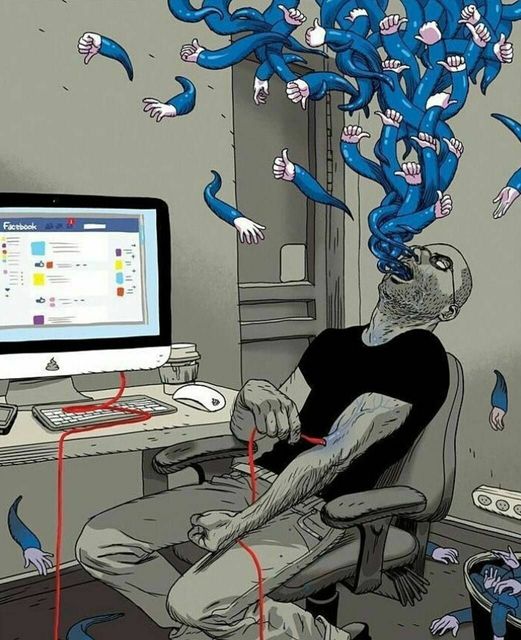It’s obvious to us all now, that we do need a critique of the trajectory of social media platforms like #Facebook and #Instagram, to highlight how their growing reliance on AI-generated profiles and diminishing organic engagement undermines the little trust, satisfaction, and the purpose of social connection that people have left in them.

This started with the death of organic engagement, Facebook and Instagram’s shift around 2013 to force content creators and businesses to pay for visibility, marked the end of organic engagement for the majority of people. This created a reliance on paid boosts, alienating real people and the army of small creators who pushed the platforms into prominence. Without organic engagement, people feel unseen, leading to declining satisfaction. The current shift to AI-generated profiles and bots are an attempt to simulate “engagement”, the illusion of interaction.

It should by now be simple, for meany people, to see that #dotcons fail to fulfil the human need for connection and actually alienate people and communities, even when this shift manages to build short-term engagement with profiles and “interactions” to create “likeable” fictional characters for product placement. Replace human influencers with bots is cost efficiency. Feeding artificially inflate metrics to attract advertisers. But as people become more aware of bots replacing humans, the sense of authenticity diminishes, particularly among those who value any real social connections.

As I have been arguing for 20 years there is a real need for alternatives, #DIY and grassroots movements, platforms like the #Fediverse and open-source projects demonstrate that decentralized networks prioritize human connection and transparency over profit. These alternative resist capture by corporate interests and maintain authenticity, creating #openweb ecosystems where trust and interaction thrive.
